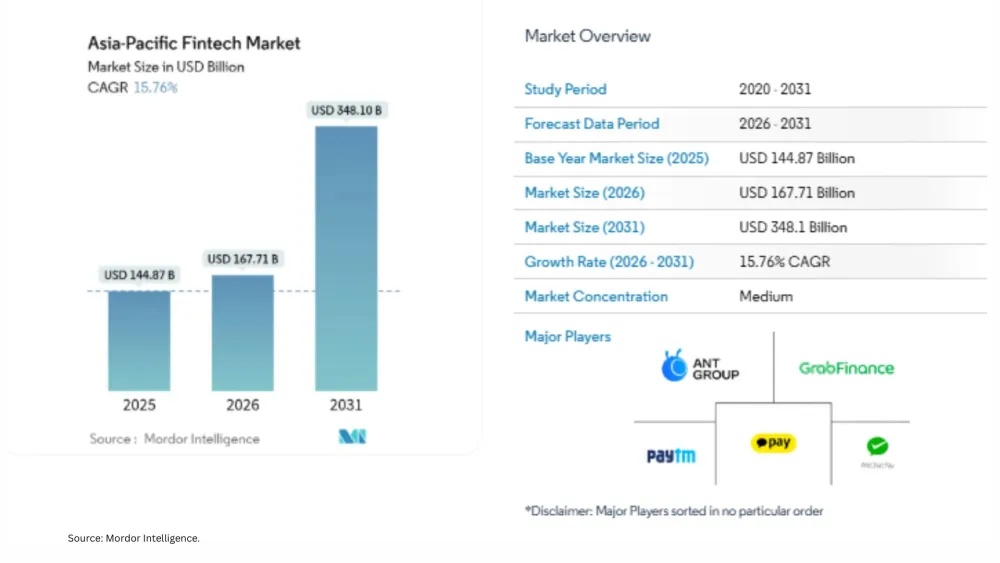Digital transformation of the securities industry in Japan and Asia
By Eiichiro YanagawaIndustries across the board are undergoing structural change. This change extends beyond individual firms and spills across industrial sectors. Other industries that have been exposed to the tide of technology-driven structural changes have through the process harnessed technology to be reinvented as new industries befitting this evolution in industrial structure. The financial industry traditionally has been far from the vanguard of this change.
The proliferation of the Internet and digital technologies is only accelerating the evolutionary modular shift across all industries. This stands in stark contrast to the traditional non-modular, vertically integrated structure (that is to say, the antithesis of a modular structure, where all the products and services are provided through and within one exclusive value chain) that the industry has historically embraced.
However, disruptive new market players have visibly forced conservative, existing entities to begin to seek new approaches; at the same time, regulatory authorities have also started to embark on establishing a new, more robust system for regulating the financial industry.
The securities industry of the future
The securities industry can be regarded as the first sector in the financial industry to have embarked down the path of modularisation. A major area that has been involved in this first step toward modularisation has been mutual funds.
In the closed model era of brokers and mutual fund firms, which was the norm until the 1960s, mutual fund firms would outsource sales to securities companies (full service brokers). Then, the market witnessed the emergence of no-load funds starting in the 1970s. This era was characterised solely by diversification of sales methods, and was entirely absent changes to the closed model that covered planning, manufacturing, and sales.
Finally, change descended on the market in the form of the mutual fund supermarket revolution. Metaphorically speaking, this approach was akin to companies putting mutual funds on the shelves of a supermarket and charging commissions only for the products sold. The interface between mutual fund companies and securities companies opened up, with this the creation and sales components were decoupled and functionally modularised.
The role of new technology: Robo-advisor
Robo-advisor initiatives can be expected to accelerate the speed of advances in modular demand structure. Presumably, coming delivery channels will seek to optimise information and investment expertise provided, driven by approaches that respond to the needs of investors by sometimes providing "automated advice" and sometimes harnessing brokers as "a human support mechanism.”
In Japan, megabanks, startups, and dedicated online brokers are all jockeying to leverage their strengths in a way that accords them the most advantageous position possible. Their robo-advisor initiatives so far largely appear tailored to support the sales of mutual funds.
As easy-to-use, non-face-to-face channels, they are garnering interest from investors with a level of comfort with IT and a degree of financial literacy. Moving forward, further advancements that draw on both the asset management facet and technology are expected in the four areas; diversity of products, diversity of services, automation, accommodating B2B.
Excluding Japan, Hong Kong, and Singapore, Asia is a fragmented market for retail investors, and therefore it’s still inaccessible. In addition, such markets as Taiwan and Korea are showing an increase in home bias. Thus, how the robo-advisor business thrives in the Asian market will depend on its distribution dynamics, along with its asset growth potential and product development. The following are leading Asian companies in the robo-advisor field.
Legacy modernisation in the securities industry is much more than the application of novel technology. Rather, it portends nothing less than a wholesale structural overhaul of the securities industry that is an opportunity to envisage anew and redefine the industry’s future.
There can be no doubt that this transcends the mere establishment of a digital channel; rather it will certainly impact products, services, IT units, and sourcing models, and, in so doing, provide the securities service providers of the future a chance to seriously consider exactly what kind of companies they would like to be and the corporate cultures they would like to foster.





















 Advertise
Advertise














